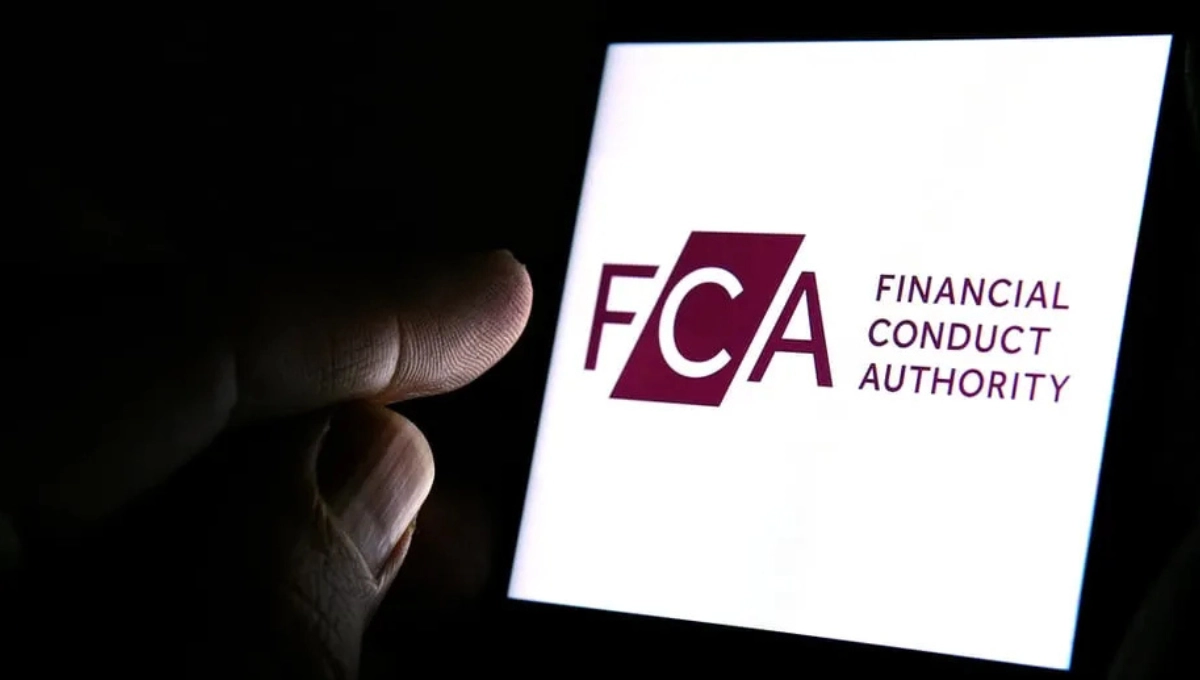The United Kingdom and the United States are intensifying their collaborative efforts to align cryptocurrency regulations, marking a significant turn in the transatlantic approach to overseeing digital assets. This cooperation is expected to bring greater regulatory clarity, bolster market integrity, and enhance consumer protections, while positioning both countries as global leaders in the emerging digital asset landscape.
Joint Efforts in Crypto Regulatory Alignment
In 2025, UK Chancellor of the Exchequer Rachel Reeves and US Treasury Secretary Scott Bessent have spearheaded talks aimed at crafting a unified approach to crypto regulation. This initiative embodies a strategic shift for the UK, aligning more closely with the US and moving away from previous European Union regulatory frameworks. These discussions have centered on reinforcing oversight across key areas such as market conduct, anti-money laundering (AML) standards, and the regulation of stablecoins—crypto tokens pegged to traditional fiat currencies, which remain under intense scrutiny given their systemic risks and rapid adoption.
The UK government’s draft crypto-asset regime, published in April 2025 under the Financial Services and Markets Act 2000 revision, proposes to bring qualifying cryptoassets, including stablecoins, under the jurisdiction of the Financial Conduct Authority (FCA). This regime would impose conduct and prudential requirements on issuers and custodians, mirroring traditional financial regulations to enhance stability and consumer confidence. Meanwhile, the US Congress passed the GENIUS Act in July 2025, establishing one of the country’s first detailed federal frameworks dedicated to stablecoins. The act focuses on reserve backing, auditability, transparency, and prohibits the Federal Reserve from issuing private digital currencies.
Enhancing Market Access and Regulatory Clarity
One of the primary objectives of the UK-US cooperation is to reduce regulatory arbitrage where firms take advantage of fragmented or inconsistent regulations between jurisdictions. For the UK, aligning with the US standard is not only about harmonizing rules but is also viewed as a strategic move to attract more investment and facilitate easier market access to the vast US crypto marketplace. Officials have expressed concern that without such alignment, British companies risk losing ground to competitors in more permissive or harmonized regulatory environments.
The collaboration has involved consultations with major industry players including Coinbase, Circle, Ripple, as well as prominent financial institutions like Citi and Barclays. These stakeholders have emphasized that a clear, coordinated regulatory framework would spur innovation, foster investor confidence, and enable more robust international partnerships.
Focus on Stablecoins and Digital Securities
Stablecoins, given their unique role in the crypto ecosystem as a bridge between traditional and digital finance, have taken center stage in the UK-US regulatory dialogue. Both sides agree on the necessity for strict frameworks to ensure these digital tokens maintain full backing by fiat reserves and adhere to transparency and audit requirements to avoid systemic risks.
Beyond stablecoins, the discussions have explored developing a transatlantic digital securities sandbox—an innovation hub designed to allow blockchain-based securities to be tested in a controlled environment. This sandbox aims to encourage innovation while ensuring investor protections and market integrity.
Broader Global Impact and Competitive Positioning
The UK’s move to work closely with the US reflects a broader trend as countries across the EU, Asia-Pacific, and beyond finalize their own crypto regulatory standards. The UK-US alignment could influence global regulatory harmonization efforts by setting a benchmark in market conduct and stablecoin oversight. It also signals the UK’s commitment to becoming a global fintech hub, especially at a time when some critics felt it was lagging due to cautious regulation.
US President Donald Trump’s administration has also put a spotlight on crypto by adopting a relatively pro-crypto stance and rolling back certain regulatory barriers, which contrasts with more stringent approaches seen in the EU. This US openness is prompting concerns within the Eurozone about monetary sovereignty and financial stability risks posed by widespread crypto adoption.
Statements from Key Officials
- Chancellor Rachel Reeves emphasized the UK’s vision of becoming the best place in the world to innovate in fintech and stressed the importance of robust crypto regulations to protect consumers and boost investor confidence.
- US Treasury Secretary Scott Bessent expressed support for international cooperation to foster responsible growth in the digital asset sector, underscoring the benefits of a transatlantic regulatory partnership.
- Industry stakeholders highlighted the necessity for regulatory certainty to sustain innovation and ensure the UK does not fall behind in the global fintech race.
The UK and US are entering a new phase of deepened cooperation on cryptocurrency regulation, centered on creating aligned, sensible frameworks that balance innovation with consumer protection and market stability. The collaboration covers stringent oversight of stablecoins, the introduction of digital securities pathways, and joint efforts to prevent regulatory gaps and arbitrage. This alignment will not only boost investor confidence and market access but also position the UK and US at the forefront of global digital asset regulation, influencing other jurisdictions in setting their rules for one of the most rapidly evolving sectors of the financial markets.


